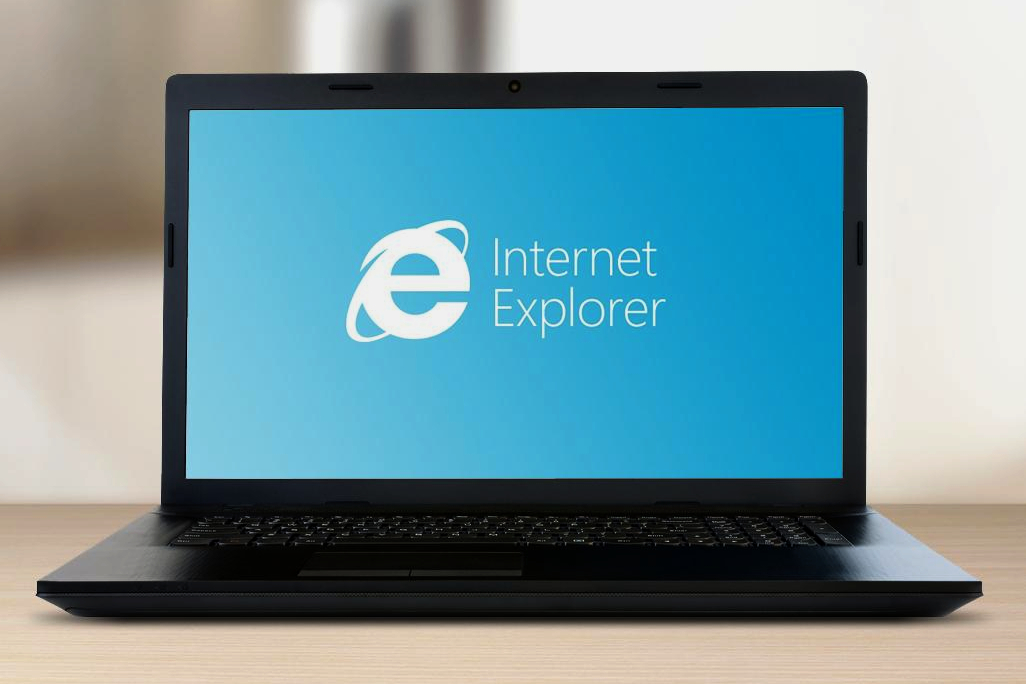
If you’ve found yourself using Internet Explorer in the past decade, the chances are that you’ve had others suggest that you move to a more efficient browser such as Chrome or Firefox. Security expert Chris Jackson is also urging individuals to stop using Internet Explorer, but what makes his stance interesting is that he currently holds the position as Microsoft’s Worldwide Lead for Cybersecurity — that’s right, not even the folks at Microsoft want to see you opening Internet Explorer anymore.
Microsoft’s Security Lead isn’t suggesting that you drop Microsoft products and head for the hills. Instead, he specifically notes that Microsoft’s web browser of the past, Internet Explorer, has had its day. Jackson doesn’t even recommend a new solution for users looking to move off of Internet Explorer; while we are sure the team at Microsoft would like you to pick up Edge, he notes that he’s “not here to enforce any browser on anyone” and that “you should choose the one that best meets your needs.”
Jackson’s concern for individuals using the old browser is centered around a concept he calls “technical debt.” Internally, Microsoft is no longer referring to Internet Explorer as a web browser, but instead a compatibility solution for enterprise and business customers. Internet Explorer is a browser of the past, one that is no longer updated to support new web standards; instead, it remains as an option for enterprises that need to access sites that had been designed with it in mind.
So, what are enterprise users to do with Chris Jackson’s statements? In an ideal world, organizations should ensure that any internal websites are optimized for use with more modern web browser solutions; however, due to costs, this isn’t always feasible. Thus, businesses should use an alternative web browser, such as Chrome or Firefox, for their primary web needs — only launching Internet Explorer if an internal website requires it to function correctly.
If you’re still using Internet Explorer as your default browser and don’t know where to turn, be sure to check out our best web browsers for 2019 with options such as Google Chrome, Firefox, Opera, Microsoft Edge, and Vivaldi.
Editors' Recommendations
- Microsoft says 75% of office workers already use AI at work
- Microsoft Copilot: tips and tricks for using AI in Windows
- Microsoft Copilot sounds great. Here’s why I definitely won’t use it
- Microsoft Teams is about to get faster and much easier to use
- Apple’s security trumps Microsoft and Twitter’s, say feds

